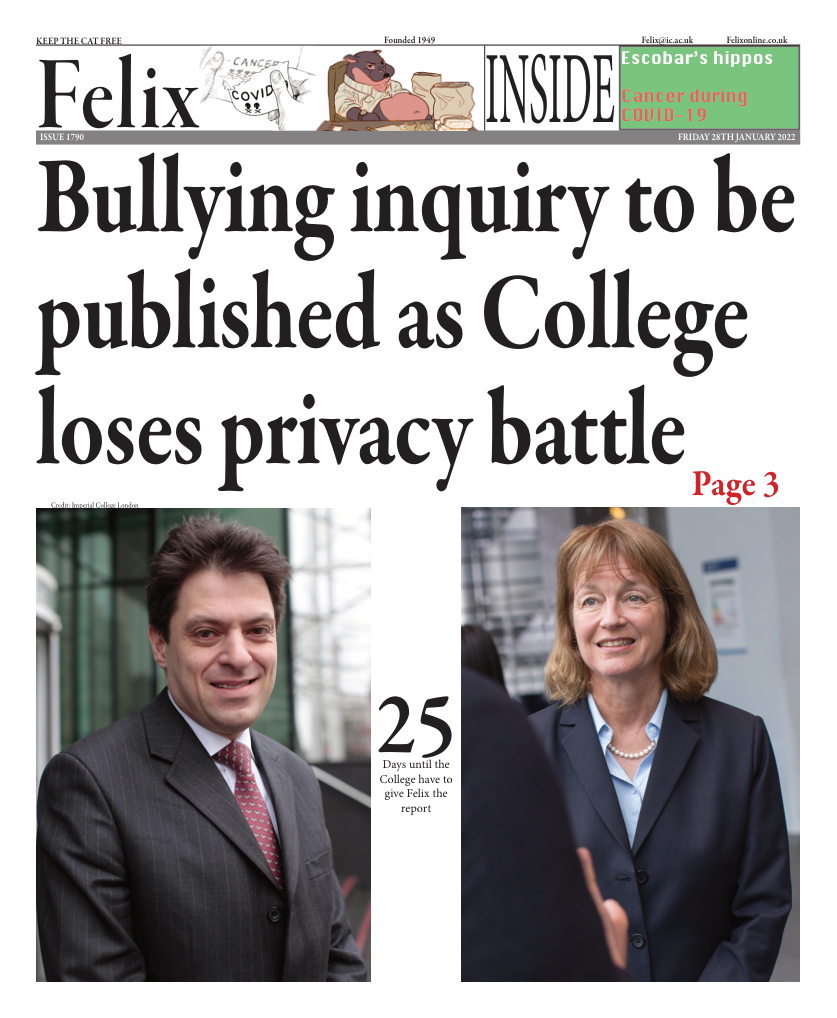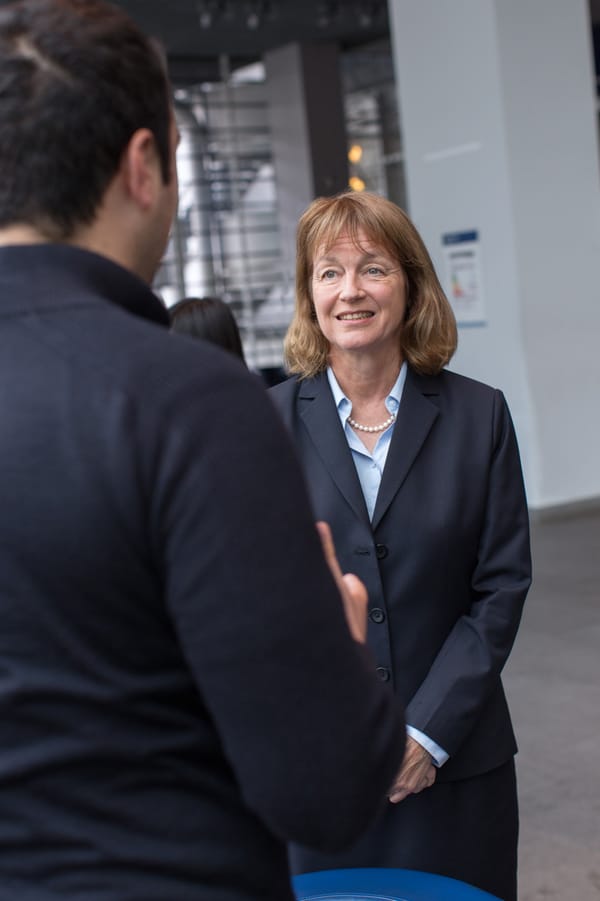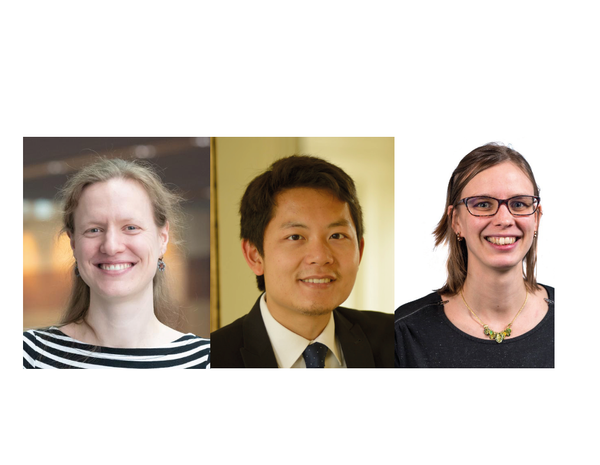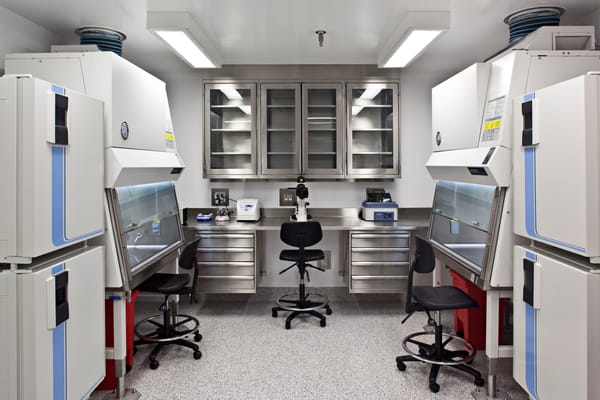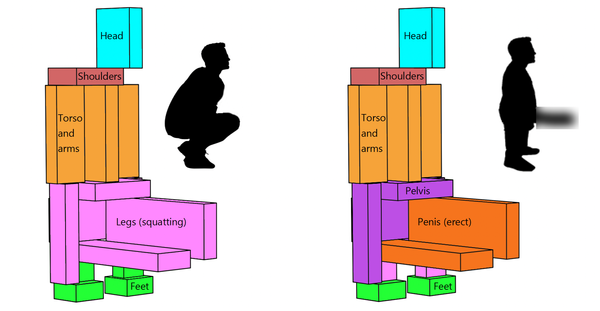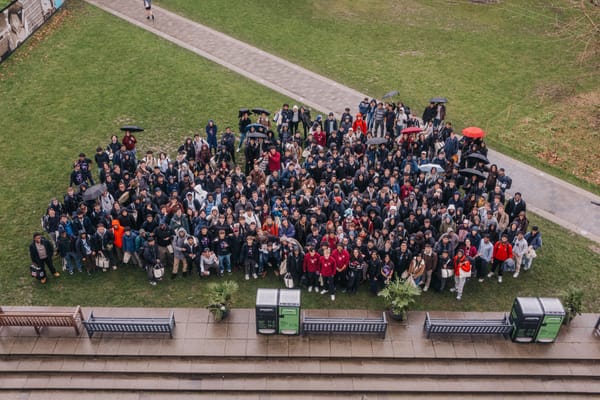History Group report hears praise and criticism at forum
The History Group Dialogue Forum was held this Wednesday, marking the next stage in the ongoing discussion on the history of Imperial College.
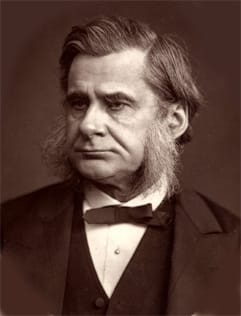
The History Group Dialogue Forum was held this Wednesday, marking the next stage in the ongoing discussion on the history of Imperial College.
The forum, chaired by Proconsul Professor Peter Openshaw, gave platform to a range of views from a wide spectrum of people. Many senior College staff attended, as well as some members of the History Group itself. The forum was open to all staff and students. Many people submitted their views prior to the forum taking place and did not attend or speak.
Openshaw explained that the discussion had already included receipt of 228 contributions in the form of messages and essays. 61% of these responses were from alumni. Openshaw explained that these essays could not be shared in full for confidentiality reasons, however this was called into question by one attendee.
Prior work also included nine small group discussions, which 63 people attended in total. From these discussions, it was mostly agreed that there was a need for respectful discussion, to properly record and teach Imperial’s history, and to celebrate historical figures who have until now been unrecognised.
They key point of controversy in the dialogue had arisen around the potential re-naming of the Huxley Building, with almost every alumnus and many staff members who took part in the discussion stating their distaste for the idea. Less was heard in defence of the name of other buildings, including Beit halls.
Comments submitted prior to the forum reflected both sides of the argument. One said “the college should stand strong against the ridiculous accusations that this amounts to cancel culture”.
Others comments included “I am actually appalled that a university is even entertaining the idea of cancelling these figures” and “What this discussion is trying to do is re-write the past and make an ungrateful, spiteful generation feel better about themselves”.
Some more considered responses came in person, from various faculty members and largely focussed on the Huxley Building. One said that despite the History Group’s report highlighting Huxley’s links to eugenics, there was very little evidence for this and one could even consider him to be anti-eugenics given the content of essays he wrote towards the end of his life.
More criticism came against the History Group’s findings in relation to its reference to Huxley’s essay titled ‘Black and White’. One contributor said “The irony is that the article was a polemic for the abolition of slavery and was in favour of woman's’ rights”. It was added that Huxley’s “scientific legacy dwarfs many of the finest scientists that are alive today”.
One professor said that if a student had submitted the History Group’s findings to him, he would have noted that they had only used one source and sent them away to do more work on it.
The subject of naming buildings was called into question. One contributor disapproved of the naming of buildings after rich or successful individuals, highlighted the recently unveiled Dangoor Plaza. It was also mentioned that this practice enforces an idea of a lone, heroic scientist working by themselves, which should not be supported.
Another asked “what is being done to communicate with [ethnic minorities] at their level i.e: in their language”.
References to 1984 were made, and one contributor said that the College “may as well be called the apartheid university of London or the colonial university of London”.

